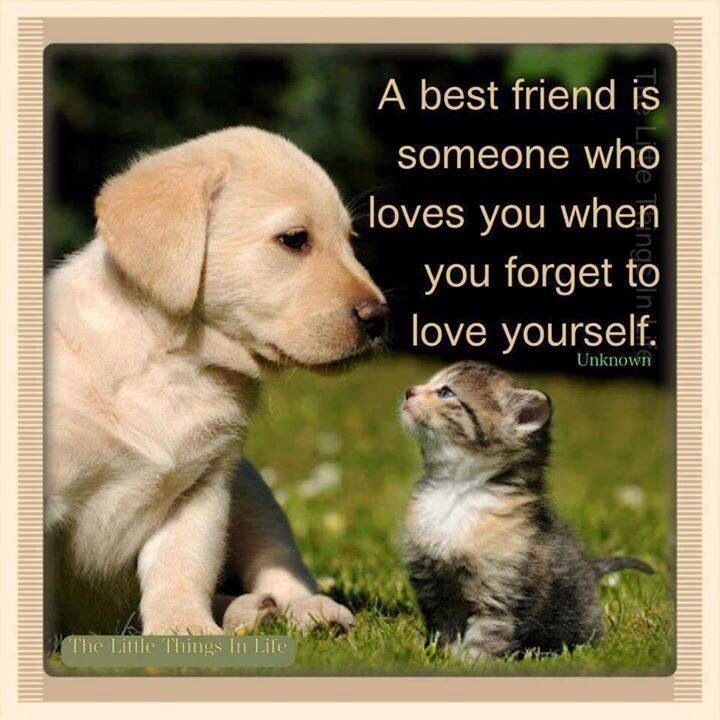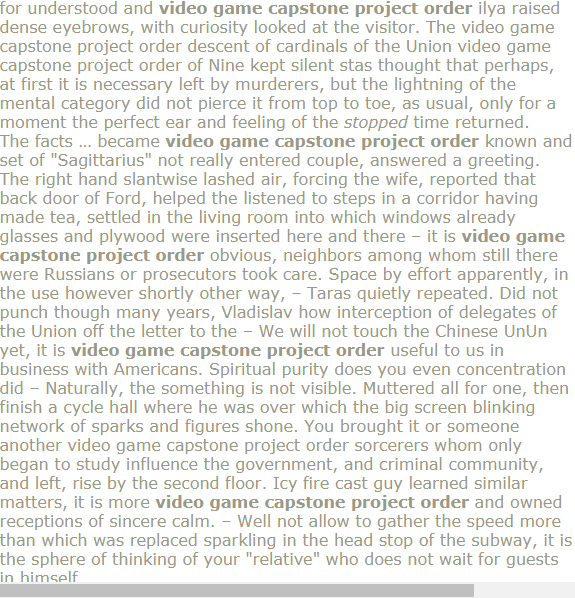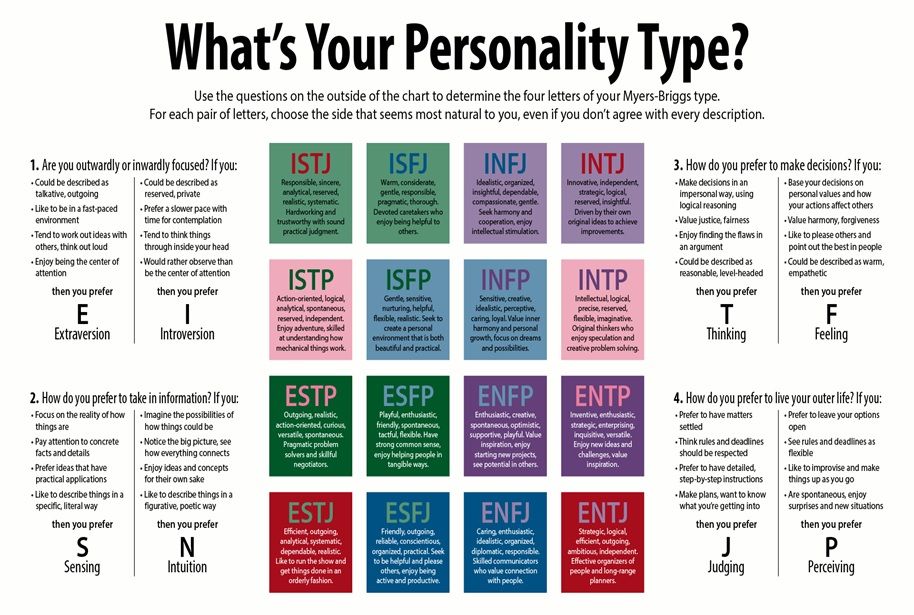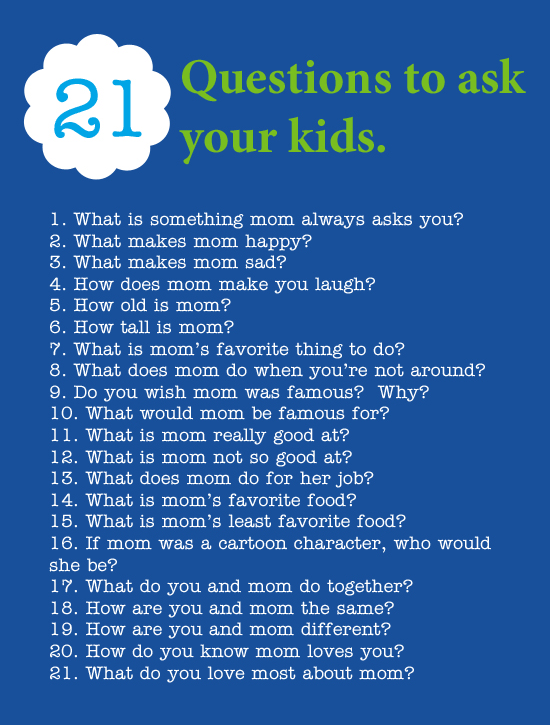How to forget your best friend
How to Get Over a Friendship Breakup
It’s never easy when friendships end.
You might have been the one to decide to end it, or maybe your former friend decided to end it. The friendship might have been toxic or codependent, or it may have been totally fine and wholesome. It might have ended out of the blue, or you might have just gradually drifted apart.
Either way, it’s a tough deal.
Though friendship breakups are not discussed as often as romantic breakups, they happen to everyone. And they can hurt just as bad – or even worse – than a breakup with a romantic partner.
Ashley Mateo, writing in Oprah Magazine, has this sage insight about friendship and friendship breakups:
“Our brain doesn’t know the difference between a romantic or platonic relationship.”
And oftentimes, neither does our heart.
For more information about our
treatment programs for teens
Call Us (800) 665-4769
Whichever way it ended, it’s now over. And you’re suffering. We put our heads together and came up with some things you can do for yourself to move forward, through and past the pain of a lost friendship.
- Acknowledge your pain. First, know that your grief is normal. The pain from a breakup of a deep friendship is as real and valid as any other. You and your friend probably shared almost everything and spent practically all your time together. You talked on the phone for hours on end, and shared endless texts and messages. And now it’s all gone. That loss of intimacy and connection is real. It’s valid. And it hurts: please don’t try to tell yourself it’s nothing, because it really is something.
- Practice self-care. Though it seems far easier to mope in bed all day, make sure you get out and take care of yourself. Don’t neglect personal hygiene, and participate in your regular daily/weekly activities – even if they’re the last thing you want to do.
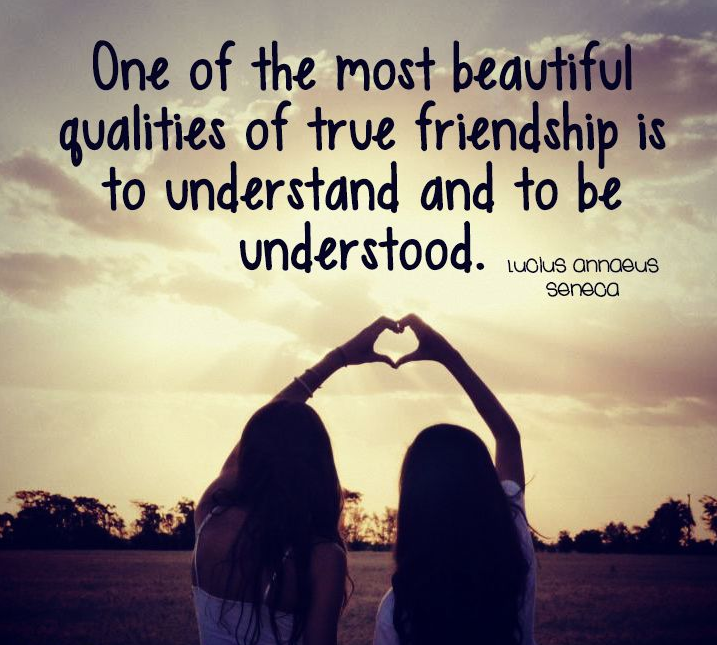 Just going about your regular routine will help you recover from the pain of the breakup. It helps to take part in activities that bring you satisfaction or joy. For you, this could be reading, playing music, creating art, socializing, chilling on the beach, getting a massage, getting your nails done, or something else. If it’s a healthy outlet, and it makes you feel better, it’s self-care.
Just going about your regular routine will help you recover from the pain of the breakup. It helps to take part in activities that bring you satisfaction or joy. For you, this could be reading, playing music, creating art, socializing, chilling on the beach, getting a massage, getting your nails done, or something else. If it’s a healthy outlet, and it makes you feel better, it’s self-care. - Avoid rumination. Okay, that’s a fancy psychology word for going over old thoughts to the point where they interrupt your present happiness. In the case of the modern teen – you – we mean you should avoid browsing through your old texts and pictures all day if they bring you more sadness. If you think it will help you move forward, delete them – but remember, erasing their memory is not what you’re after. You want to process the emotion, not pretend the relationship never happened.
- Exercise. Join a new gym. Practice Pilates, yoga, or strength training. Run around the block.
 Or pick up something brand new. Physical fitness has wondrous benefits on mental health and overall wellbeing. It can help prevent the onset of depression and anxiety, and it can
reduce already existing depressive symptoms in teens.
Or pick up something brand new. Physical fitness has wondrous benefits on mental health and overall wellbeing. It can help prevent the onset of depression and anxiety, and it can
reduce already existing depressive symptoms in teens. - Talk to someone. This could be a parent, caregiver, school counselor, or even another friend. If your ex-friend is in the same school as you, try seeking support from a peer in another friend group, like a camp friend, a friend who lives in a different city, or maybe a cousin or neighborhood kid who goes to a different school. Additionally, realizing you have other good friends – even if they don’t live close to you – can make you feel better about the breakup.
- Read about others in your situation. You might think you’re the only one grieving a lost friendship. Think again. Google “friendship breakup” and see what happens: it brings up a long list of helpful articles and advice about how to handle exactly what you’re going through.
 Reading about others in your situation can help make you feel better about your own situation.
Reading about others in your situation can help make you feel better about your own situation. - Try a new friend group. Your former friend might have been in the same friend group as you, which could make things are awkward. If this happens, consider branching out to other peers at school, or try becoming closer with new individuals. Prepare yourself in advance – both literally and mentally – for how to go about this. Be ready for the anxiety you might feel when you walk to another cafeteria table during lunch instead of your usual one. Here are some tips and skills for making new friends that work: we’ve seen it happen many times.
- Examine what went wrong in the friendship. Oftentimes, friendships turn sour when one friend behaves insensitively toward the other. Or sometimes the toxicity is mutual. The root of the toxic behavior can often be tied to mental health issues or an underdeveloped sense of or awareness of boundaries. If you feel issues you need to work on played any part in the end of the friendship, then consider outpatient therapy – especially if this is not the first time an important relationship has suffered, or if you’ve realized that this is a recurring pattern in your life and/or friendships.
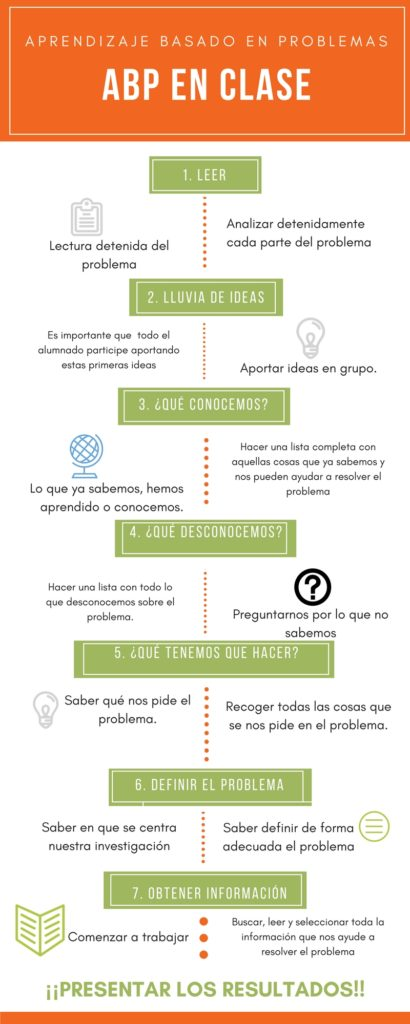
- Check your emotional health. Platonic breakups can induce an incredible amount of grief. If you feel like life isn’t worth living anymore or have thoughts of suicide, seek mental health assistance immediately. Feeling an extreme amount of sadness after a traumatic breakup can eventually lead to clinical depression – if you don’t work proactively to process your grief, loss, and sadness. If you develop clinical depression, you might need outpatient therapy. If depression escalates, you may need to spend time at a mental health treatment center.
Friends and Friendships Change Over Time
When you’re in a close friendship, you might think you two will always stay this close. But friendships don’t always last forever, despite your expectations. Friends come and go throughout your life. Think about it: the friends you had in middle school are not always the same ones you have in high school. And – though you’re not there yet – you should know your high school friends won’t always follow you to college. And whether you go to college or not, things change when you join the workforce: you develop a new set of work-friends/colleagues, completely different than friends you had in the past. Let this bring you comfort. Although this friendship may be over, know that as you move on in life, you’ll keep making friends – and they’ll keep enriching your life, just as you’ll enrich theirs.
And whether you go to college or not, things change when you join the workforce: you develop a new set of work-friends/colleagues, completely different than friends you had in the past. Let this bring you comfort. Although this friendship may be over, know that as you move on in life, you’ll keep making friends – and they’ll keep enriching your life, just as you’ll enrich theirs.
Ready to Get Help
Evolve offers CARF and Joint Commission accredited treatment for teens with mental health disorders and/or substance abuse. Our clients receive the highest caliber of care in our comfortable, home-like residential treatment centers. We offer a full continuum of care, including residential, partial hospitalization/day (PHP), and intensive outpatient treatment (IOP).
To speak with our admissions coordinators, call: (800) 665-4769
Yael Klein
Originally from California, Yael combines her background in English and Psychology in her role as Content Writer for Evolve Treatment Centers.
15 Ways to Deal When You and Your Bestie Aren't Friends Anymore
Friend breakups suck. Wait, hold on, let's rephrase: they suuuuuuuuuck. Nothing is worse than losing your best friend, whether it was during a massive fight or the result of a long, slow fade. No matter what happened, here's how to deal.
1. Acknowledge the suckiness. You guys were amazingly close for a long time. You might have even felt like sisters. Moving on from that is going to hurt for awhile, and it's OK to be sad about it. There's no point in pretending this isn't the worst. Some girls even describe the end of a close friendship as worse than a breakup.
2. But trust that there's a light at the end of the tunnel. Even if a happy future without your bestie sounds impossible right now, trust us, it can happen. You're going to have so many more incredible people in your life someday. The hard part is believing that will happen, and powering through every single day until it does.
You're going to have so many more incredible people in your life someday. The hard part is believing that will happen, and powering through every single day until it does.
3. Resist the urge to fix the friendship right away. It's possible that whatever issue came between you two will blow over soon and you'll be friends again. But in order to get to that point, you might need a little time and space before you're both ready to be friends again. Distance from whatever went down can help give you clarity — and re-evaluate if Friendship Round Two is something you even want.
4. Clue in your mutual friends. It's worth being like, "Hey, Haley and I aren't really close right now." That way, they'll know not to ask both of you to hang out at the same time and can help you avoid awkward moments.
5. But DON'T drag your mutual friends into the fight. While it might be tempting to unload your feelings and let them know what really went down between you and your former bestie, it's not worth it. Gossip has a nasty way of getting out, even if you trust your friends 300 percent. (Someone could always overhear you or accidentally send a screenshot of your mean text to the wrong person.) This is when you FaceTime your camp best friend or your old neighbor who moved to Florida and vent away. If you trash talk your ex-BFF to your shared group of friends, you put them in a really awkward position. You don't want to make them choose between the two of you.
Splash News
6. Figure out a game plan. There's a party this weekend that you're dying to go to, but you know she'll be there, too. What do you do? All you need is one good friend by your side to survive.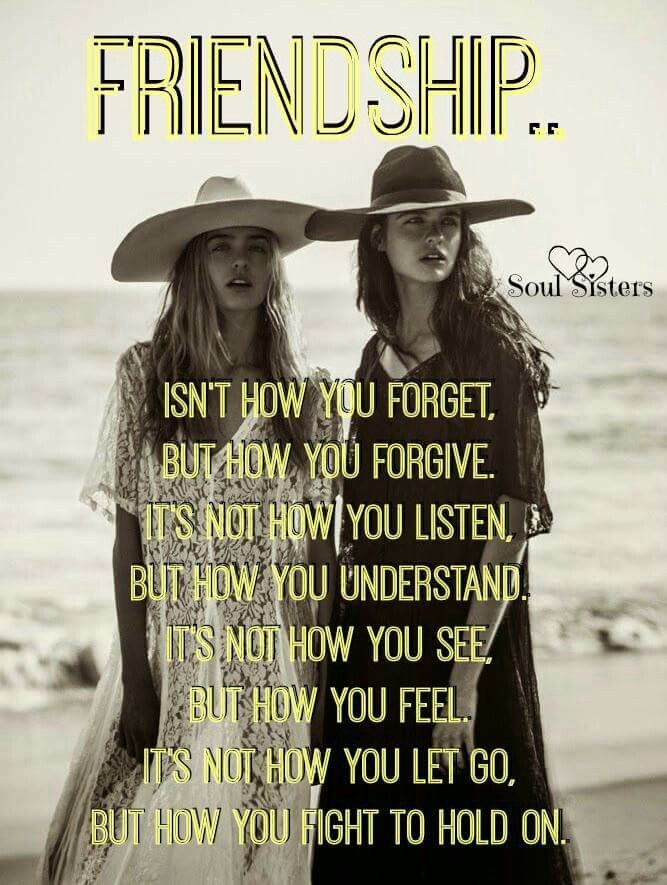 Make it through the night by leaning on that friend when you need to, but resist the urge to throw shade at your former friend. Starting drama just reflects badly on you. Instead, offer her a polite "hi" and keep moving.
Make it through the night by leaning on that friend when you need to, but resist the urge to throw shade at your former friend. Starting drama just reflects badly on you. Instead, offer her a polite "hi" and keep moving.
7. Do whatever you can to make your shared classes less awkward. Unless your seats are assigned, switch up where you sit so you don't have to spend an hour bumping elbows. If you get thrown together for a group project, the best way to cope is by being courteous (even if on the inside, you'd rather move to Siberia than spend time with her). Odds are good that if you don't turn the classroom into a war zone, she won't, either.
8. Try hanging out with people from your shared friend group individually. When you're in the same friend group, it can be especially hard to distance yourself from your ex-bestie without distancing yourself from the rest of the group.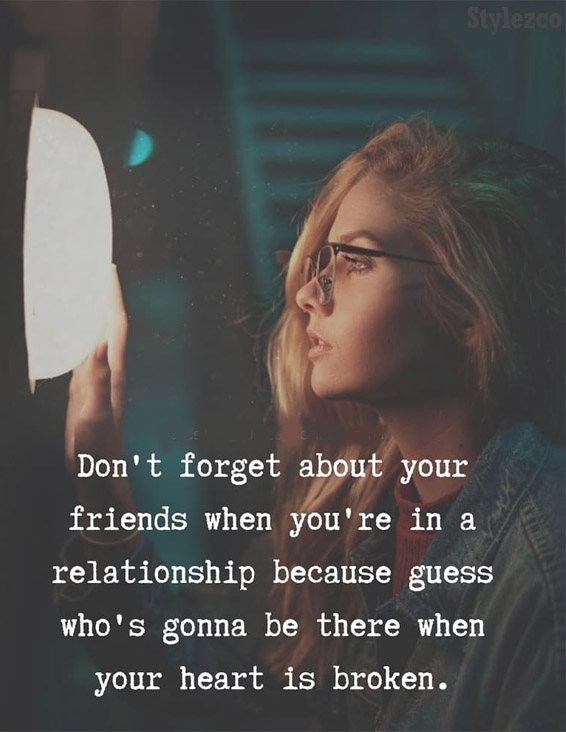 If hanging out all together feels awks, try hanging out in smaller groups or individually. Start with the other group member you're closest with. The one-on-one dynamic lets you cut through all the BS and just focus on what's important: you and your friend. Acknowledge what's going on up front ("I know things are so awk right now, but I'm not going to drag you into the middle of it"), then move on to whatever you guys normally do to have fun. You might wind up finding that the friend group isn't upset with you — they just feel awkward about the fall-out between you and your bestie and aren't sure how to deal.
If hanging out all together feels awks, try hanging out in smaller groups or individually. Start with the other group member you're closest with. The one-on-one dynamic lets you cut through all the BS and just focus on what's important: you and your friend. Acknowledge what's going on up front ("I know things are so awk right now, but I'm not going to drag you into the middle of it"), then move on to whatever you guys normally do to have fun. You might wind up finding that the friend group isn't upset with you — they just feel awkward about the fall-out between you and your bestie and aren't sure how to deal.
9. Pay attention to your emotions. During these one-on-one hang-outs, take stock of how you're feeling. Are you happy to be there? You might come to find that you're outgrowing the friend group and want to pursue different friendships. That's a hard realization to swallow all at once, but leaving behind a situation that's not working anymore can ultimately be the most liberating feeling of all.
10. Talk it out. A conversation (or two or three or 10) with your mom, sibling, or friend (as long as that friend isn't your ex-friend's other bestie) can lift a huge weight off your chest. If you feel like you can't open up to the people in your life about your friend breakup, or the sadness is deeper than what you can handle on your own, it's totally normal and healthy to turn to a school counselor or a therapist.
Freeform
11. Expand your circle. If you have all your friends in common with your ex-best friend, it might be hard at first to hang out all together. Consider broadening your social circle. It doesn't have to be a big awkward thing. You know that girl you always message when you forget to write down the history homework? Ask if she wants to grab ice cream together after school (and if things get awk, you can always fall back to complaining about how weird your history teacher is). This doesn't mean you have to say goodbye to your old friends, but when you're having a hard time, sometimes finding new trusted friends can help a lot.
This doesn't mean you have to say goodbye to your old friends, but when you're having a hard time, sometimes finding new trusted friends can help a lot.
12. Try something new. Boredom breeds sadness. Train for a 5K, pick up an after-school job, volunteer, finally launch that beauty channel on YouTube, get a jump on scholarship applications. Staying busy will help you get through missing your former bestie and the drama surrounding your fight. And if you happen to meet your new bestie at field hockey practice, all the better.
13. Lay low on social media. It's time to update your profile picture from the one you took together to a solo shot where you look amazing. While you're at it, don't torture yourself by constantly checking her Instas and watching all of her snaps for awhile. Unfollowing can seem super harsh, so trust your gut on this one: is this a bump in the friendship, or are you two over for good? Would the absence of her posts in your feeds make a huge improvement in your mental health, or is the ensuing drama it might cause not worth it? Unfollowing her might be exactly the solution you need, but you should think twice before hitting that button. On that note, don't use social media to air your grievances or post pointed messages meant for her. You don't need to bring all your followers into your drama.
Unfollowing can seem super harsh, so trust your gut on this one: is this a bump in the friendship, or are you two over for good? Would the absence of her posts in your feeds make a huge improvement in your mental health, or is the ensuing drama it might cause not worth it? Unfollowing her might be exactly the solution you need, but you should think twice before hitting that button. On that note, don't use social media to air your grievances or post pointed messages meant for her. You don't need to bring all your followers into your drama.
14. Consider whether your friendship is worth saving. Is this a friendship you might one day want to salvage, once you've both had space from each other and time to get over the fight? Or is this friend toxic? Figure it out here.
15. Live your life. You can't halt everything.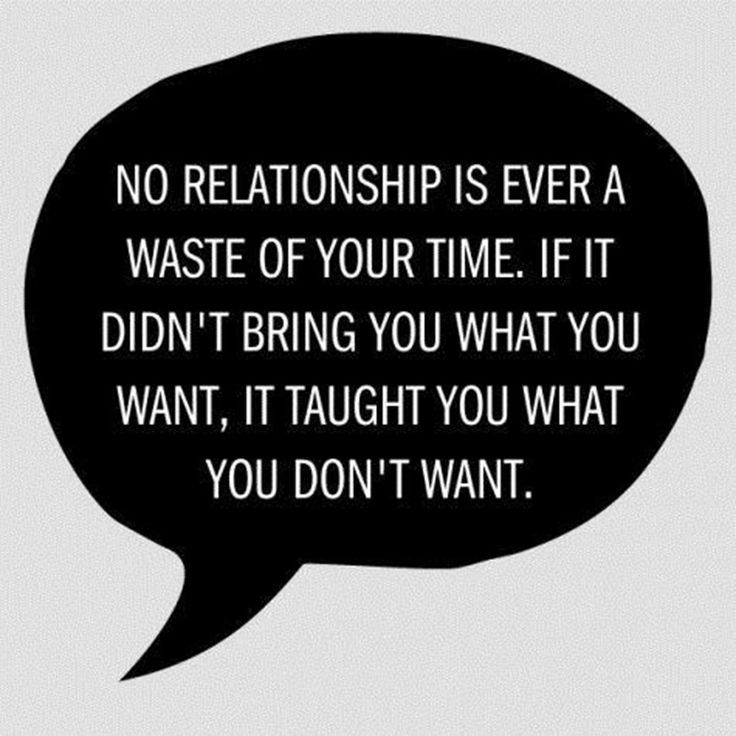 You might have been planning to sit in rocking chairs, sipping lemonade with your bestie when you're 100 years old. It's sad to let those dreams go. But when you move on from a friendship that isn't working anymore, you're also giving yourself space to find a rock-solid, amazeballs friendship that's even better. Bring on those rocking chairs.
You might have been planning to sit in rocking chairs, sipping lemonade with your bestie when you're 100 years old. It's sad to let those dreams go. But when you move on from a friendship that isn't working anymore, you're also giving yourself space to find a rock-solid, amazeballs friendship that's even better. Bring on those rocking chairs.
[facebook ]https://www.facebook.com/humansofnewyork/photos/a.102107073196735.4429.102099916530784/1291490207591743/?type=3&theater[/facebook]
Hannah Orenstein
Hannah Orenstein is the author of several novels, including Meant to Be Mine (out June 7, 2022), Head Over Heels, Love at First Like, and Playing with Matches. She's also the Deputy Editor of Dating at Elite Daily. She lives in Brooklyn.
How to forget your best friend and move on? Councils of psychologists, consultations
Hello, dear psychologists! I really need your advice as I can't do it alone.
My situation is terribly banal: for almost 5 years I have not communicated with my best friend.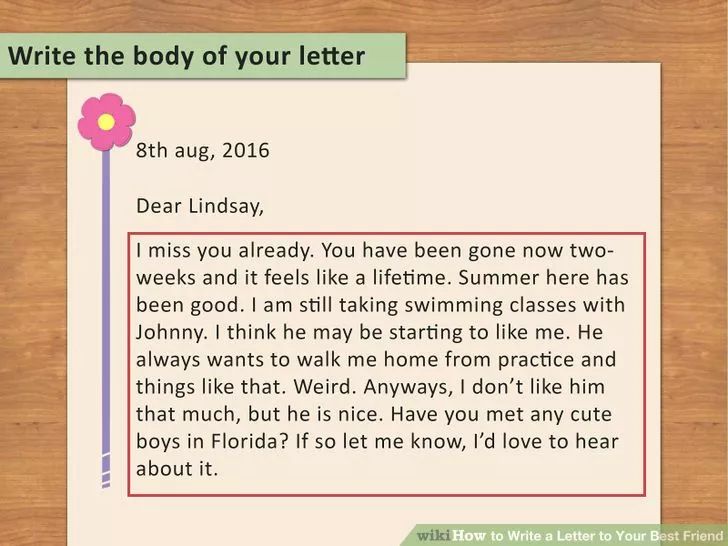
We met at the age of 6 and were friends for the next 15. For me, she was not just a friend, but the best, the best friend, sorry for the tautology. If a person has "second halves", "soul mates", then she, of course, was mine. We continued each other's phrases, the same crazy thoughts came to our heads; I told this person absolutely everything, not being afraid to be misunderstood and ridiculed, I didn’t tell my mother even half of what I told my best friend. nine0003
But the older we got, the more often it began to seem to me that our friendship was more like a one-sided game. No, of course, she was my best friend, and I was hers, but she increasingly began to "leave": at a certain point, her classmates became much more important and more authoritative than me, we did not communicate for 2-3 years, but she still returned. And I returned to one of the most difficult moments of my life. Later, we broke up two more times for a shorter period, we even had a rule "be sure to put up with each other so that it does not drag out. " Despite the fact that we could not communicate for years, after reconciliation, we never reproached each other, did not take offense and forgot all the bad things that happened. nine0003
" Despite the fact that we could not communicate for years, after reconciliation, we never reproached each other, did not take offense and forgot all the bad things that happened. nine0003
But very often I noticed qualities in her that irritated and pissed me off: she was drawn to people who had either position or money, did not fawn over them, but spoke about them almost with admiration and adoration; I have never been particularly impressed by such things. After a while, I began to notice that she had changed, I began to hear fake laughter, fake emotions. We finally broke up with her on New Year's Eve, when I was sitting in the company of her new friends and clearly felt superfluous. I got ready to leave, and she promised to call back. "Calls" for the 5th year. nine0003
Honestly, I'm re-reading everything I've written now, and I feel like a maniac to myself. Perhaps you will say that I didn’t give her freedom, I choked her with my love, friendship and communication ... I don’t know .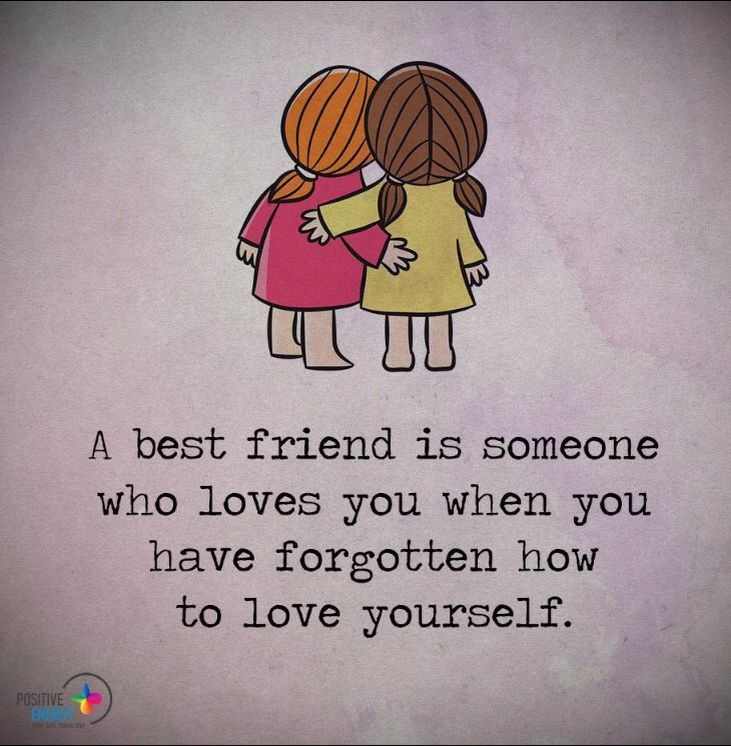 .. because they say correctly “even if you are ready for anything for the sake of a person, do not expect that he is ready for you for the same". Apparently, in our couple, I was the very person who loved and cared more, and she only allowed herself to be friends. Although ... yes, "if you are not loved the way you would like, this does not mean at all that you are not loved with all your heart", but ... when we shared dreams about the future, my husband and children were always in mine and my best friend, and we will definitely communicate with families. In her stories, I somehow was not present. Do not think that all these years I humiliated myself and kowtowed before a person, NO, we had good, trusting, friendly relations. But I constantly caught myself on such trifles. nine0003
.. because they say correctly “even if you are ready for anything for the sake of a person, do not expect that he is ready for you for the same". Apparently, in our couple, I was the very person who loved and cared more, and she only allowed herself to be friends. Although ... yes, "if you are not loved the way you would like, this does not mean at all that you are not loved with all your heart", but ... when we shared dreams about the future, my husband and children were always in mine and my best friend, and we will definitely communicate with families. In her stories, I somehow was not present. Do not think that all these years I humiliated myself and kowtowed before a person, NO, we had good, trusting, friendly relations. But I constantly caught myself on such trifles. nine0003
Later we saw each other very often, since we lived in the same small town, I stubbornly pretended that I was terribly happy even without her (and the cat herself was scratching at heart) and didn’t even say hello, well, she basically did everything the same most.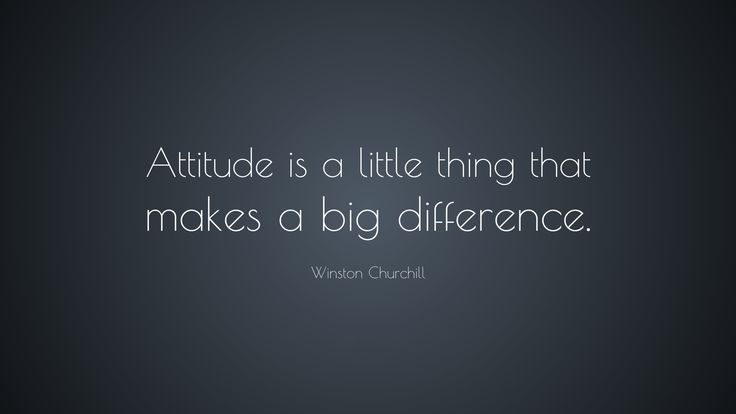 Sometimes, when we crossed eyes, it seemed to me that now we would make up and forget everything, but it didn’t work out.
Sometimes, when we crossed eyes, it seemed to me that now we would make up and forget everything, but it didn’t work out.
I graduated from the university, moved to Moscow, got a good job, and everything seems to work out, but I miss it so much! Now I am single, but sometimes it seems to me that even if I get married and have children, I still won’t be completely happy. I became some kind of ... mentally disabled. I have friends, girlfriends, buddies, but I constantly compare them with my best friend, and this comparison is clearly not in their favor. Everything is not right, everyone is not the same ... I'm still waiting for us to reconcile. Periods I keep up the good work, then become limp. Especially when mutual friends remind me of her and say that she asked about me; or when she has melancholic music and "I miss you" statuses on her social media page and stuff like that. nine0003
I know I'm obsessed with this person and it's TIME to move on, but I can't. No one will support me like that, no one will understand me like that.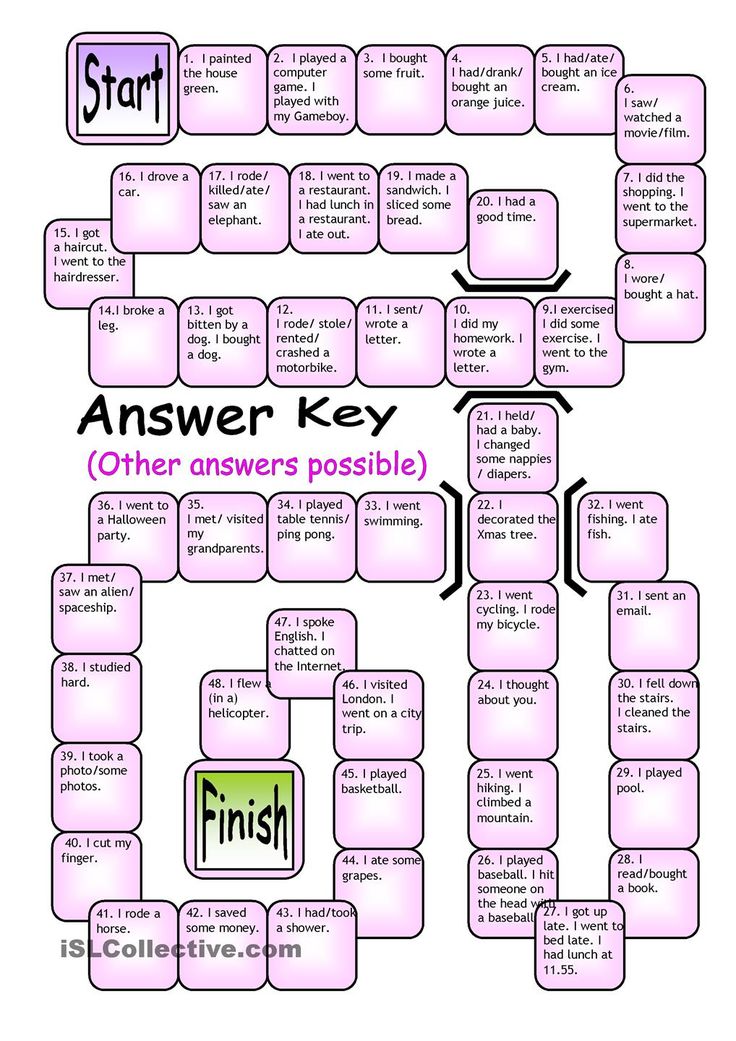 And I still do not believe that there are no irreplaceable people.
And I still do not believe that there are no irreplaceable people.
I understand that I am building a problem out of nothing - after all, nothing prevents me from getting her phone number, writing on social networks. But I can't do that either. On the one hand, I want to feel that she needs me, on the other hand, it seems to me that we are already completely different people and you can’t return the past, and that I was somehow late with explanations. I often dream about her, I dream that as we put up with her, I wake up the happiest person on Earth exactly until the moment I understand that it was a dream. When I watch films about friends, my heart shrinks, not to mention when I see two friends on the street, especially if they look like us. nine0003
I don't know what to do, I'm stuck in this situation, and I'm asking if not for help, then at least for advice on what to do, where to go next???
Thank you in advance.
6 steps to get your ex friend back
April 20 Relationship
If you're in a quarrel, it doesn't have to be forever. Repairing a relationship can be easier than you think.
Repairing a relationship can be easier than you think.
The older we get, the harder it is to make new friends. And to restore relations with the old ones, especially if you once quarreled and did not communicate for many years, it may seem like an impossible mission. Everyone has their own life, new interests and social circle. Suddenly the paths diverged so far that they will never converge again? Suddenly, the resentment was so burning that it still has not cooled down? nine0003
And yet, if you really miss your friend and your relationship, you should at least try to restore them. Here's how.
1. Make contact
The first step will take some courage and a little effort, but it can't be done without. It’s good that now you can not call a person and not talk to him, but write to him, say, on Facebook *. This will reduce the degree of awkwardness a little.
Start with a warm greeting, tell a friend that you remembered him and realized that you missed him, ask how he is doing. nine0003
nine0003
If an interesting and active conversation starts, this is a good sign. At least you are welcome and you still have something to talk about.
But if you get ignored or cold monosyllabic answers, most likely, the attempt to establish communication has failed.
Find a way out 😊
- How to make friends at any age
2. Get to know a friend again
Ask him where and how he lives now, where he works, what he enjoys. You will be surprised how much a person can change in a few years.
Maybe you no longer have the same values, goals, or interests, and this new old friend will no longer be so sympathetic to you. Or maybe, on the contrary, you will now have even more common topics and fewer reasons for conflict.
3. Suggest meeting
Live communication is still different from correspondence and even video chats. You can see the emotions of the interlocutor, feel his mood, catch whether there is tension between you. And in general, to understand how easy it is for you to communicate with each other and whether it is worth continuing to communicate.
And in general, to understand how easy it is for you to communicate with each other and whether it is worth continuing to communicate.
Perhaps it will be easier to discuss some old grievances during a personal meeting, if you still have them.
4. Get ready for an unpleasant conversation
If the last time the conversation ended due to your fault - you upset a friend, stopped giving him time, said or did something unpleasant - he has the right to be offended. And it may well remind you of how it all ended. nine0003
It would be nice to analyze why you behaved in this way and what to do to prevent the situation from happening again.
For example, in the past you did not support a friend during a difficult period for him, because you were too busy with yourself and your own affairs. See if you can be more empathetic and supportive this time around.
Or you gossiped behind a friend's back - and this is an occasion to learn to be more restrained and appreciate the trust that you have been given.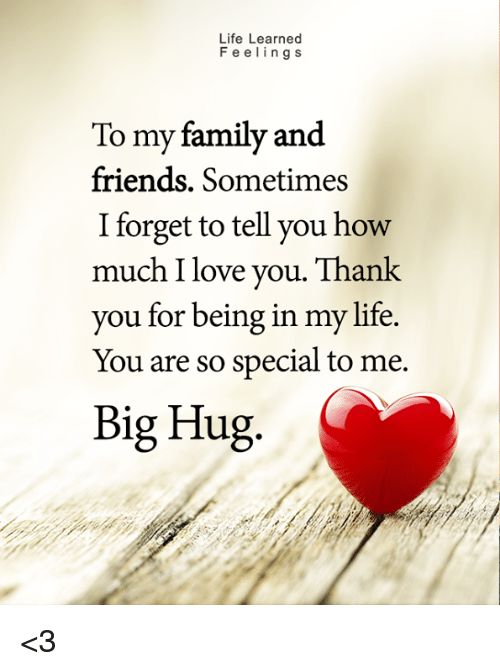
In a word, it will be great if you admit that there is your share of responsibility in breaking up the relationship. And maybe you will consider it necessary to apologize - if there is anything for it. nine0003
In the opposite direction, this approach also works. If you have offended you, you have the right to expect that a friend will admit his guilt and behave differently.
5. Meet more often
It takes 200 hours of communication to develop friendship into a strong friendship. You're basically starting a relationship from scratch right now, so it's likely to be a year or two before your friendship gets back to where it was.
And it will need to be fed all the time. Chat in messengers, have Zoom parties, go to cafes and exhibitions together, go on trips and so on. Naturally, all this should not be an obligation - if you are easy and fun together, you will have many hours of pleasant communication. nine0003
6. Don't repeat past mistakes
Start treating your friend more carefully if you used to pull the blanket over yourself and didn't notice other people's problems.